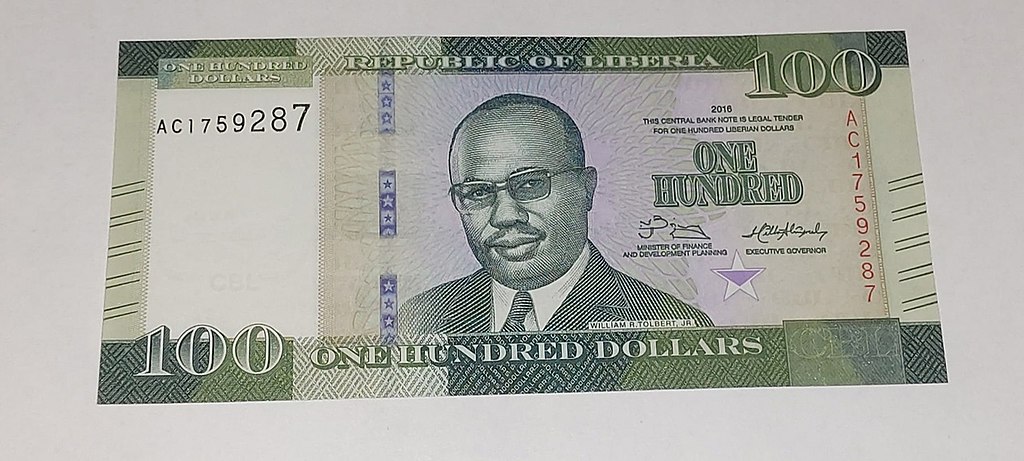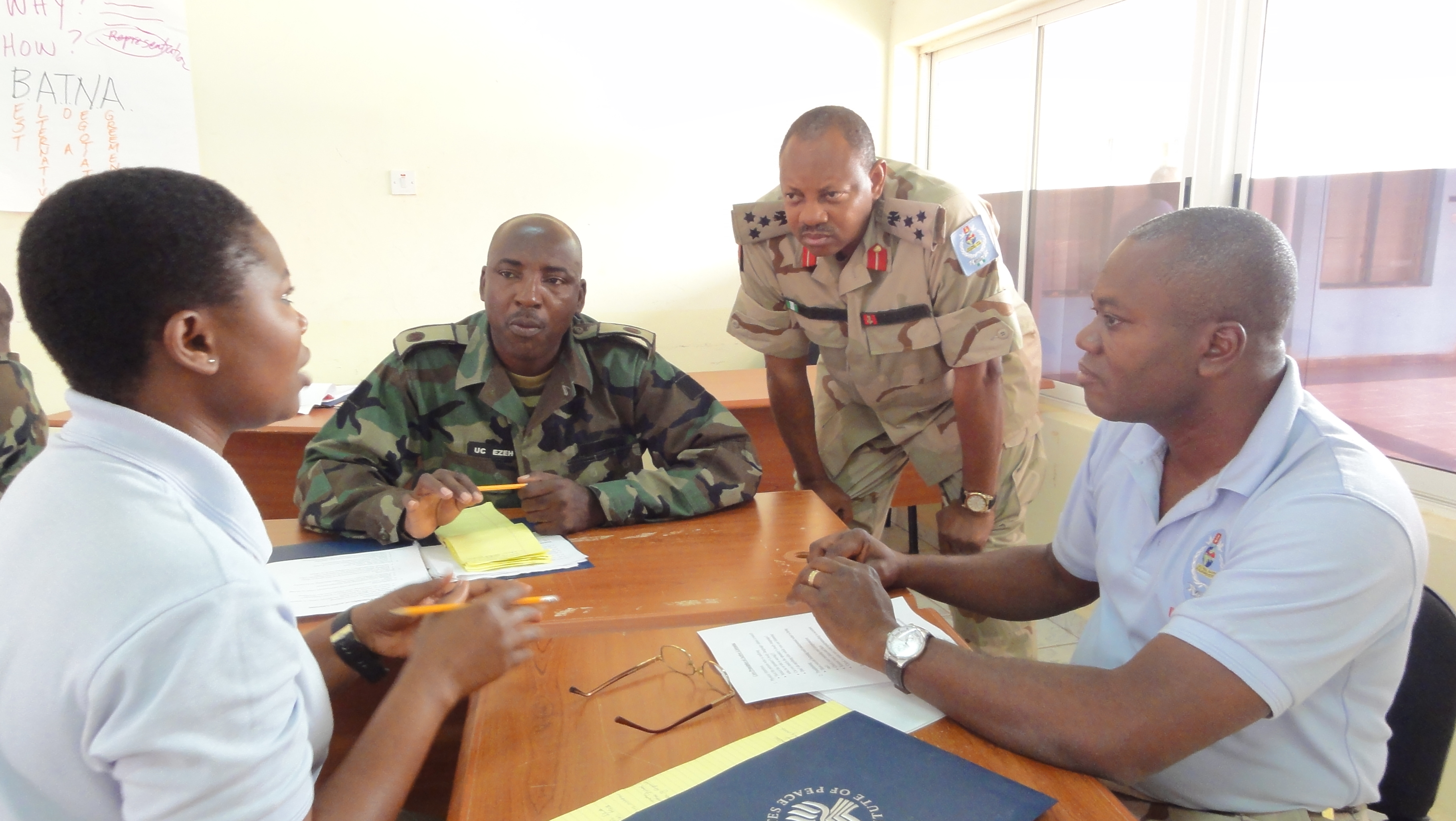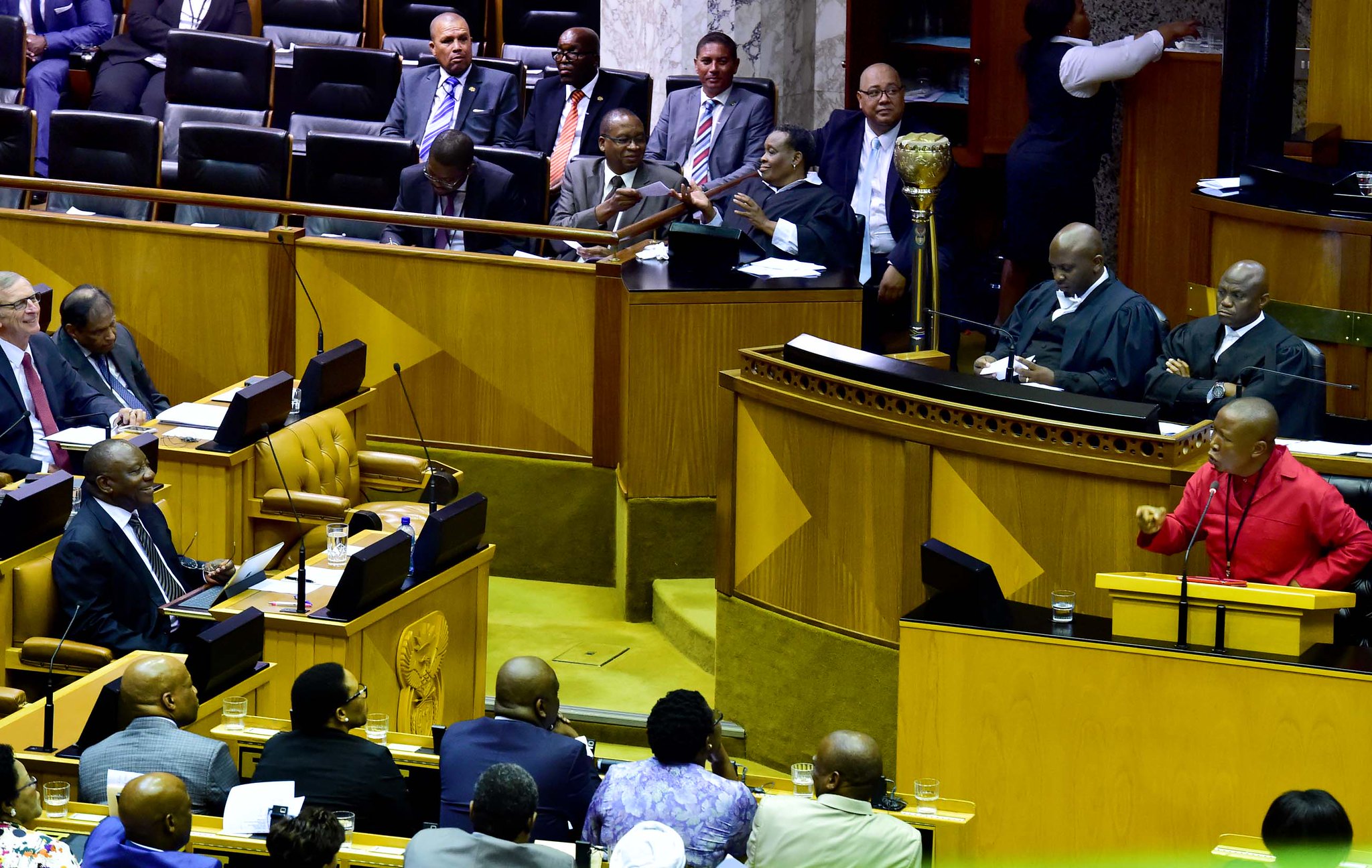After six years in power, President George Weah has proven he is not up to the job. For the sake of Liberia’s future, he must be removed via the democratic process, writes Robtel Neajai Pailey.
“If a blind man threatens to stone you, assume he already wields the first pebble.”
This local adage permeated throughout national politics in Liberia six years ago when George Manneh Weah, the proverbial ‘blind man’, was elected president on a tidal wave of anti-intellectualism.
Since then, the footballer-turned-politician has pelted Liberia and its people with subpar leadership. If he secures a second mandate on 10 October 2023 in Liberia’s fourth post-war general and presidential elections, he will cause permanent damage.
During his first campaign, Weah adopted the clunky slogan “Change for Hope”. As president, he failed to turn these words into concrete policies and programmes for real transformation. Now Liberia’s disaffected citizens are hoping for a change of government, and they are entirely justified in doing so.
The case against the president
Weah’s performance in office has been so bad that a member of the opposition urged voters to issue him a red card. The president refused to publicly declare his assets upon taking office, which is an established precedent. He prioritised loyalty over competence and populated key government agencies with sycophants with no track record of delivery. And, rather than confronting Liberia’s decades of ‘negative peace’ after a protracted armed conflict from 1989-2003, President Weah neglected to establish a war and economic crimes court despite pledging to do so. The court would have prosecuted individuals allegedly involved in economic pillaging, gross human rights violations and violations of international humanitarian law.
Even before the shocks caused by Covid-19 and Russia’s war in Ukraine, Liberia’s ballooning debt and currency depreciation had left most of its citizens in the economic lurch. His administration’s economic mismanagement compelled Liberia to adopt International Monetary Fund-backed austerity measures that slashed civil servant salaries, shrinking the meagre disposable incomes of mid-to-low-level workers who cannot afford to feed their families or send their children to school.
Although the national budget increased from £469 million in 2018 to £644.4 million in 2023, the lion’s share was earmarked for recurring expenditures such as exorbitant wages, fuel subsidies and phone cards for legislators and executive-level political appointees. Most growth projections are based on resource extraction without any value addition to primary commodities.
Weah’s administration has defied environmental, social and governance principles by pursuing dubious contracts shrouded in secrecy. The most recent is a proposed carbon credit deal that will pawn off 10 per cent of the country’s territory to a firm based in Dubai that violates several Liberian laws.
Weah promised to “weed out the menace of corruption”, however greed and graft have become hallmarks of his presidency. Weah’s ruling Coalition for Democratic Change is fronting two candidates for the national legislature who were sanctioned by the US Department of Treasury for “ongoing public corruption” during their stints as heads of government agencies. Auditors have died mysteriously under Weah’s watch and he conspired with members of the legislature and judiciary to impeach a dissenting Supreme Court justice, thus holding the highest court captive.
Questions continue to linger about the validity of a biometric voter registration process marred by severe delays and technical glitches, especially after the National Elections Commission (NEC) unilaterally decided that it would verify registered voters manually on election day in October. Long before the NEC came under fire for stalling the release of a final voter registration roll prior to elections, which is a statutory obligation, public confidence in the institution had already waned. Equally concerning was its announcement about funding gaps for a probable run-off between Weah and former vice-president Joseph Boakai. These elections are publicly financed, and the NEC requires a budget from the government to fund them.
The electoral referee’s antics may indicate Weah’s intention to use the power and purse of the presidency to massage election results in his favour.
The next election
Amidst electrifying euphoria, Weah’s die-hard supporters expected the former world player of the year to transform his fancy footwork on the football field into a presidency that fulfils promises. They expected him to translate the rhetoric of being Liberia’s first self-professed ‘feminist-in-chief’ into advancements for women and girls. They expected him to take one for the team, admit his errors and change course after bruising losses in mid-term senatorial elections and a botched referendum that would have amended eight articles of Liberia’s constitution. None of these have happened.
On the campaign trail ahead of the election on 10 October, Weah boasts of his ‘pro-poor agenda for prosperity and development’, touting successes such as the elimination of high school exam and public university fees, the paving of roads and the building of hospitals. Yet the president squandered practically every opportunity to score the country’s most important goal of socio-economic transformation. He exacerbated all the challenges inherited from his predecessor Ellen Johnson Sirleaf and dug Liberia into a deeper hole of deprivation and inequality, where more than half of the population now lives in multidimensional poverty.
President Weah is a cautionary tale of the dangers of populist leaders and the disastrous consequences of Africa’s governance deficit. Liberia’s opposition all agree he is undeserving of a second term. With rhetorical vows to ‘rescue’, ‘fix’, ‘sweep’, and ‘renew’ Liberia, these candidates have characterised Weah as an existential threat, yet they have failed to coalesce under a single candidate to defeat him.
A popular song in Liberia, ‘Dumyanea’, aka ‘That’s my area’, celebrates individuals’ proficiencies in specific domains of life ranging from the mundane to the consequential. Weah has demonstrated an aptitude for sport and music, but the presidency is clearly not his area of expertise. Hopefully, after next week, it won’t be his profession either.
Photo credit: Présidence de la République du Bénin used with permission CC BY-NC-ND 2.0 DEED






Kudos to Robtel Neajai Pailey for this timely and very well-written piece. Every literate Liberian registered voter ought to read it and break it down to the many who can’t read but will be voting next week.
Robtel Neajai Pailey, you said former President Weah to be removed because he did not “publicly declared his asset.” Now that the current President, Joseph N. Boakai, has refused to make his asset declaration public, what is your take. Should he be removed as well??